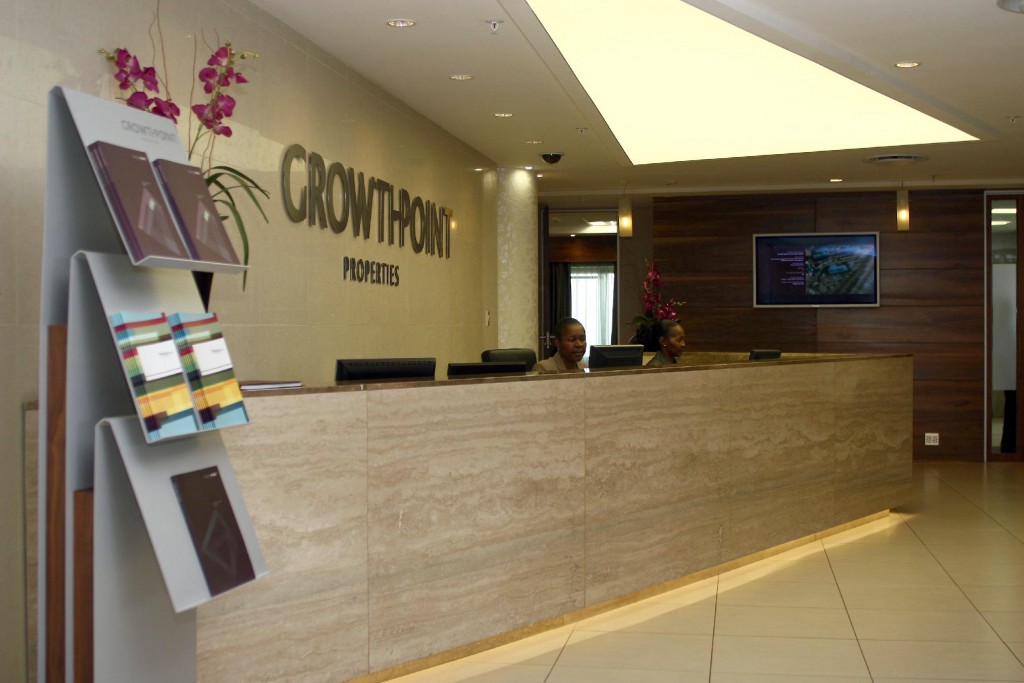Growthpoint plunges over 16% after R4.3bn capital raise

Move surprises the market and some analysts
The share price of blue-chip South African real estate investment trust (Reit) Growthpoint Properties plunged over 16% on Thursday, after the group confirmed it had raised R4.3 billion in new capital through an oversubscribed placement.
Growthpoint initially announced plans for a R4 billion capital raise on the JSE after the market closed on Wednesday. It noted in a JSE Sens statement that the cash placing is linked to “authorised but unissued ordinary shares in the company, which would go to qualifying institutional investors”.
The country’s largest listed Reit said in a follow-up statement on Thursday that it had “successfully closed” the sizeable R4.3 billion equity raise, adding that the placement was 2.74 times oversubscribed.
This represents approximately 12% of Growthpoint’s existing issued ordinary share capital.
Commenting on the move, Growthpoint Group CEO Norbert Sasse said the company was “extremely pleased” with the success of the accelerated bookbuild, which “enjoyed robust demand particularly from offshore”.
He noted: “Local support totalled 57% of the capital raise, with the balance coming from noteworthy international interest. It is encouraging to receive strong support from so many local and global investment institutions.”
Some analysts such as Keith McLachlan have questioned the move, raising concerns that it is dilutive for shareholders.
Growthpoint's equity issue will place c.10% of their shares but only shave off c.2% of their debt. Hence, it is quite obviously massively dilutive. Couple that with a collapse in their payout ratio (100% ~ at least 75%) & forward yield is looking rather rubbish.
— Keith McLachlan (@keithmclachlan) November 12, 2020
Growthpoint said that the capital raised in the bookbuild will go towards reducing leverage and to “maintain balance sheet strength” in support of operating flexibility and to undertake certain development and investment activities.
“This balance sheet strength will position the company well for growth opportunities that may arise in the future … Proceeds raised from the bookbuild will in part be used to repay the debt from Growthpoint’s subscription and partial cash offer for shares in Capital & Regional in December 2019,” it added.
“The capital raise is part of Growthpoint’s larger capital plan which includes cost and capital expenditure savings, partial retention of earnings through the Dividend Reinvestment Plan [DRIP] and dividend payout ratio of at least 75% of distributable income, which is compliant with SA Reit legislation,” the group noted.
It said the capital plan also includes a non-core asset disposal programme of between R1 billion and R1.5 billion in the current financial year.
As a result of the R4.3 billion placement, Growthpoint’s loan-to-value ratio, which was 43.9% at 30 June 2020, will decrease to approximately 41.5% on a pro-forma basis.
“My sense is that Growthpoint is trying to get ahead of the pack as capital is finite, certainly from a local market perspective… [But] our preference would have been to instead sell assets, even if at say between a 10% to 15% discount to book value, as opposed to raising equity at a deep discount to reported NAV [Net Asset Value],” said Craig Smith, head of research and property at Anchor Stockbrokers.
“The fact that disposals haven’t been executed in a meaningful way indicates that there is limited capital available for direct property acquisitions, or that there is still a wide gap between purchasers and sellers, which could suggest that book values [even after recent write downs] are still too high,” he added.
He noted that there was decent uptake from offshore offshore investors, which was “not surprising” given the range of international banks involved in the accelerated bookbuild.
“I think one can expect other Reits to potentially try come to market to raise equity to repair balance sheets in the face of the Covid-19 economic fallout,” added Smith.
Growthpoint’s share price slide on Thursday affected the Reit sector as a whole, which lost over 6% by the time markets closed. Industry peers Redefine Properties was down more than 8%, Hyprop down over 7% and Resilient Reit lost over 3%.


